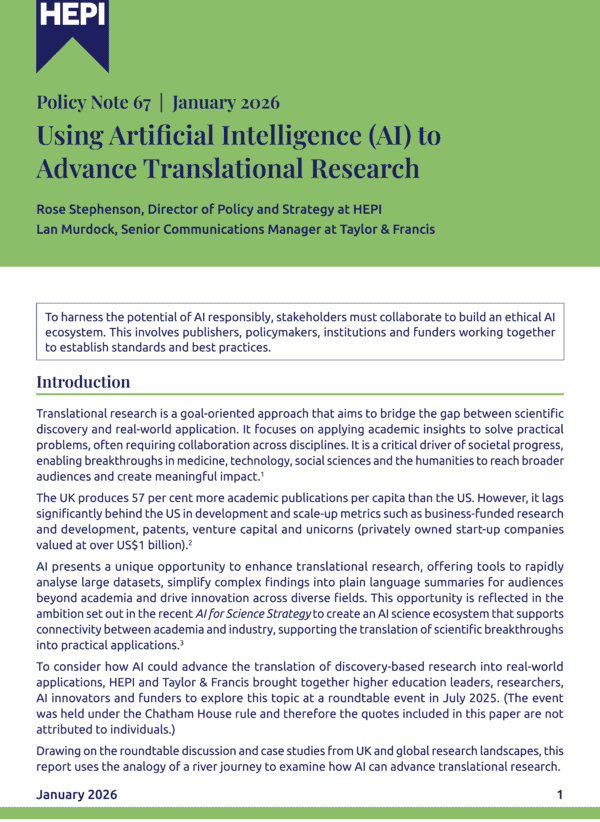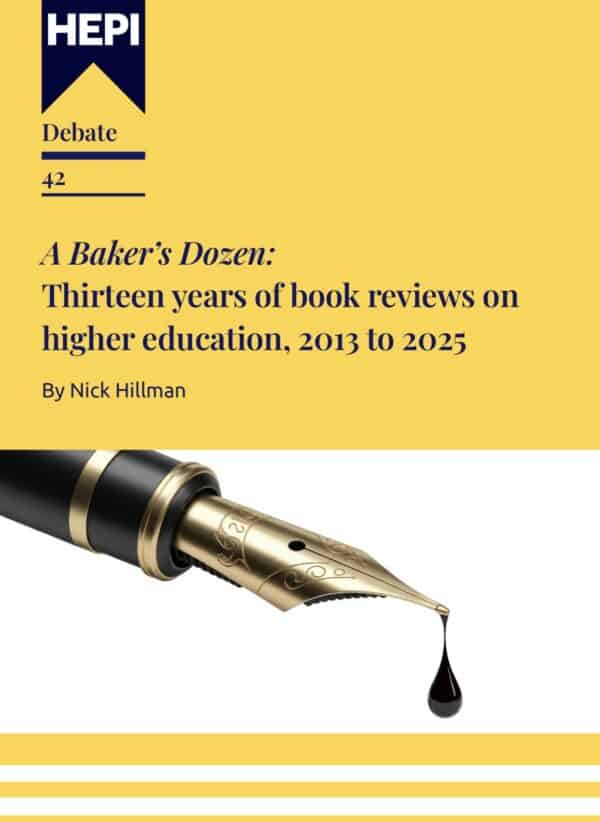International Graduates and the New Employability Challenge
By Louise Nicol, Founder of Asia Careers Group.
As global economies come under increasing strain from technological disruption, demographic change and tightening labour markets, one long-held assumption is starting to fray: that an overseas degree guarantees stronger employment outcomes for international graduates returning home. For many years, particularly across Asia, this belief underpinned the value proposition of international education. But new data suggests that this premium is beginning to erode – not because domestic education is closing the gap, but because international graduates are being left to navigate the final step of their journey alone.
Recent analysis from the Asia Careers Group (ACG), drawing on the outcomes of over 20,000 international graduates from UK and Australian universities who returned to China, India, Malaysia, and Singapore since 2015, offers critical insights. The headline message is that while international graduates continue to outperform their domestically educated peers in many cases, the margin is narrowing. The problem is not the quality of education delivered overseas, but the lack of structured support that enables these students to transition into meaningful employment in their home markets. For families across Asia making significant financial sacrifices to send their children abroad, the return on investment increasingly hinges not just on the degree earned, but on the job secured afterwards. For universities in the UK and other major host countries, international graduate outcomes are no longer just a reputational concern – they are becoming central to the long-term sustainability of international recruitment strategies.
China’s story illustrates the shifting terrain. For decades, foreign-educated Chinese graduates enjoyed a clear employment advantage in China’s urban job markets. Overseas qualifications, English fluency and global experience were seen as major assets. But just before the pandemic, as outbound numbers surged and China’s youth unemployment crisis deepened, that edge started to dull. The term ‘Sea Turtles’ (or haigui) came to represent the growing number of returnees entering an already saturated labour market, combined with employer preference for local experience, meant that the haigui label no longer guaranteed success.
By 2020, full-time employment among returnees had dropped below 30% – lower than the domestic graduate average for the first time. And yet, recovery has followed. In 2023-24, nearly 50% of internationally educated Chinese graduates secured full-time employment within six months of graduation, while only 30% of their domestically educated peers did the same. Despite mounting geopolitical pressure and a sluggish economy, UK and Australian degrees remain a lever of upward mobility, so long as students are able to connect their education to employment.
India reveals the outsized influence of immigration policy on international graduate outcomes. Following the withdrawal of post-study work rights by the UK government in 2012, Indian students returning home with UK degrees struggled to compete in the domestic job market. The lack of international work experience meant they were often indistinguishable from their peers who had remained in India. When post-study work rights were reinstated in 2019, a marked improvement followed. By 2022, nearly 65% of Indian returnees were in full-time employment within six months, well ahead of the national average. However, this improvement has not held.
Since 2023, the data shows another downward trend. While the Graduate Route remains technically available, it has not been accompanied by sufficient careers guidance, reintegration support, or India-facing employer engagement. As a result, many students—even those who stay on to work in the UK for a period—struggle to reconnect with Indian employers when they return. Without a deliberate, structured transition, the employability premium fades.
Malaysia presents a more complex picture. ACG data from 2010 to 2021 show that full-time employment for returnees dropped from nearly 80% to just over 30%. By contrast, Ministry of Education and Khazanah Research Institute data suggest that domestic graduate outcomes have remained relatively flat, hovering around 45–50%. On the surface, this looks like a convergence, but not for the right reasons. Employment outcomes for returnees have worsened, rather than improved, for domestic graduates. And yet when salary data is introduced, the story changes. International graduates continue to command significantly higher incomes, particularly those with UK and Australian degrees. ACG’s analysis and national labour statistics both show a clear premium: returnees are more likely to earn over RM6,000, while 65% of domestic graduates earn under RM2,000. This suggests that international education still opens doors to higher-level and better-paid roles—but only once graduates overcome the initial hurdle of securing employment. Without local support networks and targeted CIAG, many returnees remain stranded at the starting line.
Singapore’s system is notable for its transparency, with robust graduate employment data published annually. Even so, ACG’s data shows that internationally educated Singaporean returnees are now significantly less likely to secure full-time roles than their locally educated peers. Between 2013 and 2023, employment for returnees fell from over 80% to just above 40%, while domestic graduate outcomes stayed consistently above 75%. But this is less a judgement on the quality of international education than a reflection of systems misalignment. Many Singaporeans now study abroad at the postgraduate level in destinations or fields that don’t map neatly onto Singapore’s structured graduate pathways, especially in the public sector. Some never return. Others miss out on local graduate schemes or lack the mentoring and guidance necessary to re-enter the domestic market. These are not less capable graduates – they are structurally unsupported.
The implications for UK higher education institutions and policymakers are profound. Graduate outcomes for international students returning home have long been neglected in favour of compliance metrics, application numbers, and league table performance. But if we are to retain our position as a leading destination for international students, we must confront a simple truth: it is no longer enough to bring students in, deliver a quality education, and send them on their way. We must know what happens next. That means tracking international graduate outcomes systematically, forging deep partnerships with employers in key source countries, and embedding culturally tailored careers support into the student journey – not as an add-on, but as core infrastructure. This also means preparing students for re-entry from the moment they arrive, rather than reacting after they leave.
Governments in destination countries must play their part too. That includes aligning visa and migration policy with long-term employability outcomes, ensuring post-study work routes remain stable and transparent, and avoiding knee-jerk compliance changes that disrupt student confidence. The UK, in particular, must make good on the promise of the Graduate Route by working with universities to ensure that work experience gained in the UK translates into lasting employability abroad. We should also consider incentivising institutions to track and support international graduate success, just as we are increasingly focused on domestic outcomes.
And finally, for students and families, the message is clear: an international degree can still unlock opportunity, but it is not a guarantee. The most successful graduates are those who receive support tailored to their return journey—those with access to informed advice, strong alumni networks, and employer connections in their home country. Without these, the international education premium – once considered automatic – is slipping.
References
- Asia Careers Group (ACG). Proprietary international graduate outcomes tracking data, 2015–2024.
- India Skills Report (ISR). Confederation of Indian Industry, Wheebox, and Taggd, various years.
- Ministry of Education, Malaysia & Khazanah Research Institute (KRI). Graduate Tracer Study and labour market reports, 2010–2021.
- Department of Statistics Malaysia (DOSM). Monthly and graduate salary distribution reports.
- Ministry of Education, Singapore. Graduate Employment Survey (GES), 2013–2023.
- UK Home Office & Migration Advisory Committee. Graduate Route Policy Review, 2024.
- Chinese Ministry of Education (MoE) and independent think tank analysis of returnee graduate outcomes (Haigui commentary), various sources.







Comments
Ruth Arnold says:
Excellent article and such an important concluding paragraph. Thanks Louise.
Reply
Add comment